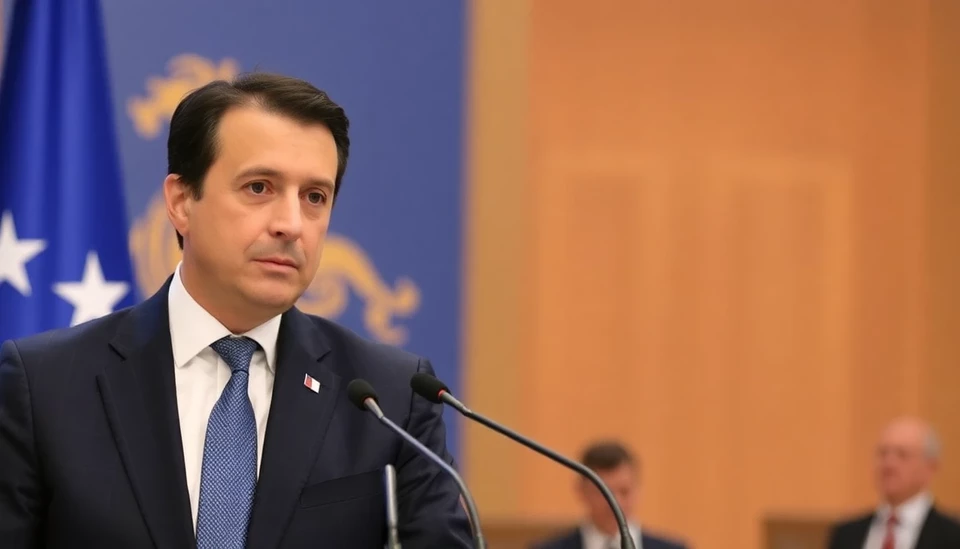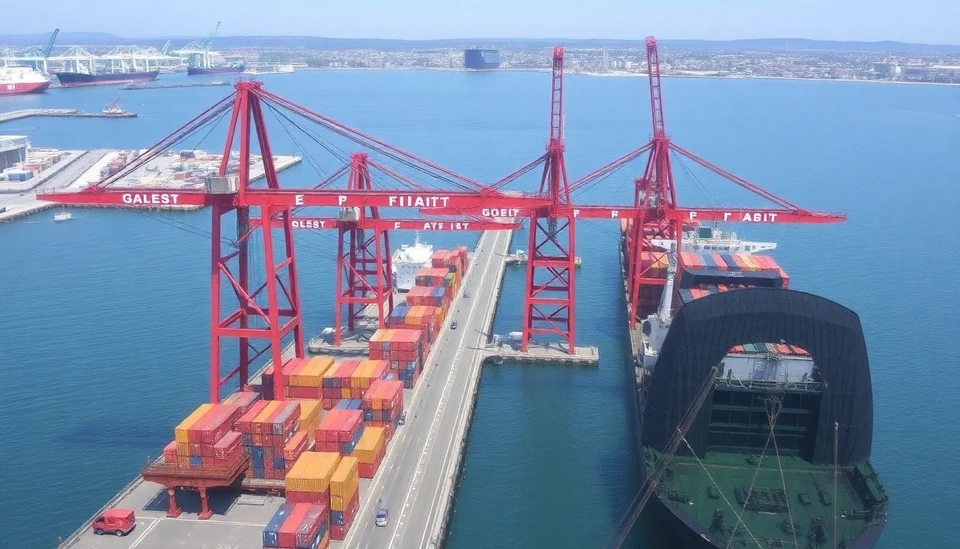
In a significant announcement on October 17, 2024, Italy's Finance Minister Giancarlo Giorgetti declared that the government possesses sufficient financial resources to support a proposed round of tax cuts. This bold statement has reignited discussions surrounding Italy's economic policies and the potential implications of such fiscal adjustments.
During a press conference, Giorgetti emphasized the government's commitment to stimulating the economy through strategic tax reductions, a move that he believes will enhance both consumer spending and business investment. The minister reassured the public and stakeholders that the funds required for these tax cuts are already accounted for within the current budget framework, thereby quelling fears about possible deficits or austerity measures.
The proposed tax cuts are aimed primarily at middle and low-income earners, reflecting the government's ongoing effort to alleviate the financial burdens on these demographics. Giorgetti highlighted that implementing these cuts aligns with broader economic recovery goals, especially in light of the challenges posed by inflation and other external economic pressures.
Giorgetti's remarks came amid a backdrop of Italy facing various economic challenges, including rising energy costs and a slow recovery from the impacts of the pandemic. The finance minister noted that while these challenges are considerable, the government is taking proactive steps to ensure that financial support remains available to its citizens.
While the reaction to the announcement has been mixed, many lawmakers and economic analysts are cautiously optimistic. Positive sentiments were echoed by members of the ruling coalition, who view the tax cuts as a catalyst for growth and a means to foster a more favorable business climate in Italy.
Critics, however, question the sustainability of the proposed tax cuts, arguing that significant reductions could divert funds from essential public services. They call for a comprehensive assessment of the long-term impacts on Italy's fiscal health. As the government attempts to navigate these complexities, Giorgetti has assured that a transparent review process will accompany the proposed changes to ensure accountability and efficacy.
As the discussions progress, Italy's citizens and economic stakeholders will closely monitor developments. The government's strategies to bolster the economy through tax adjustments could play a crucial role in shaping Italy’s financial landscape in the months and years to come.
In summary, with Giancarlo Giorgetti at the helm, Italy is poised to embark on a new fiscal journey, one that promises tax relief for many, albeit with a careful eye on the future sustainability of such measures.
#Italy #TaxCuts #FinanceMinister #GiancarloGiorgetti #Economy #FiscalPolicy #EconomicGrowth
Author: Laura Mitchell




